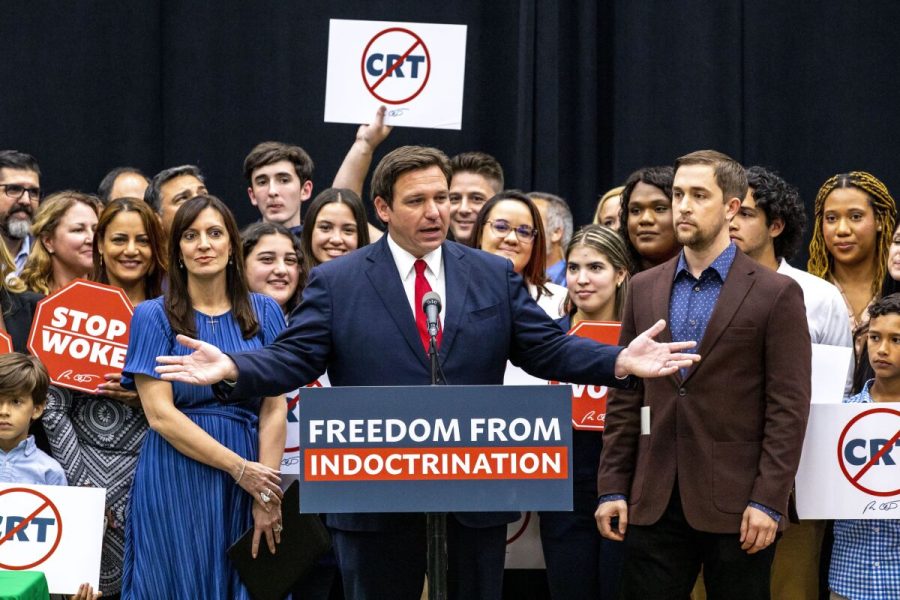Newly released AP African American Studies course under fire
May 17, 2023
AP courses are a cornerstone of the high school experience, and are a given for any student who wishes to start their college careers with credit hours under their belt. These courses and exams were established in the 1950s as a symptom of World War II. American colleges and high schools were afraid of falling behind Soviet educational institutions, and wanted to instill a mode of rigorous instruction to keep up with their communist enemies.
Many students who have experienced the rigor of AP courses firsthand have many polarizing opinions, with idealizations of CollegeBoard ranging from an elitist, parasitic money drain to an invaluable opportunity for promising students. Alongside varying degrees of respect for this organization, CollegeBoard is further dividing both students and politics with their newest AP course.
Earlier this year, CollegeBoard announced that their AP African American Studies course has begun its test run, with select high schools piloting a beta version of the curriculum. This class has been in development for over a decade and is described by CollegeBoard as “[reaching] into a variety of fields—literature, the arts and humanities, political science, geography, and science—to explore the vital contributions and experiences of African Americans.” An initial layout of the class included the history of Africans and Black Americans, with a timeline of units beginning with African tribes and advancing to topics such as Black literary thought and Black feminist perspectives.
Since the release of this course’s curriculum, there has been heated discussion regarding its content, with conservatives upset with certain subject matter. Topics like Black Lives Matter and the intersectionality have been criticized as “indoctrinating” students.
One of the loudest voices in opposition to this class is Florida Governor Ron DeSantis. In January, DeSantis, leading the Florida Board of Education, rejected the course in the state completely, with Florida Education Commissioner Manny Diaz Jr. stating it went against certain state education laws. Many civil rights groups have already taken on the case to bring this course back to Florida schools. Attorney Ben Crump is taking on a lawsuit against DeSantis, with prominent figures such as Florida Democratic House Leader and members of the National Education Association backing him.
After the initial backlash from DeSantis and other conservative voices, CollegeBoard revised their initial curriculum, removing topics of large criticism, such as Black Lives Matter, reparations, and intersectionality. Many authors and their works were also removed, including bell hooks, Angela Davis, and Kimberlé Crenshaw, all Black female authors whose works primarily focus on feminist and intersectionalist ideology. CollegeBoard claims that these revisions were made before DeSantis began his campaigning against the course.
Opinions on this course and its materials are varied, but it calls into question how America will handle topics of race and sex in the future as political philosophy becomes increasingly polarizing.




